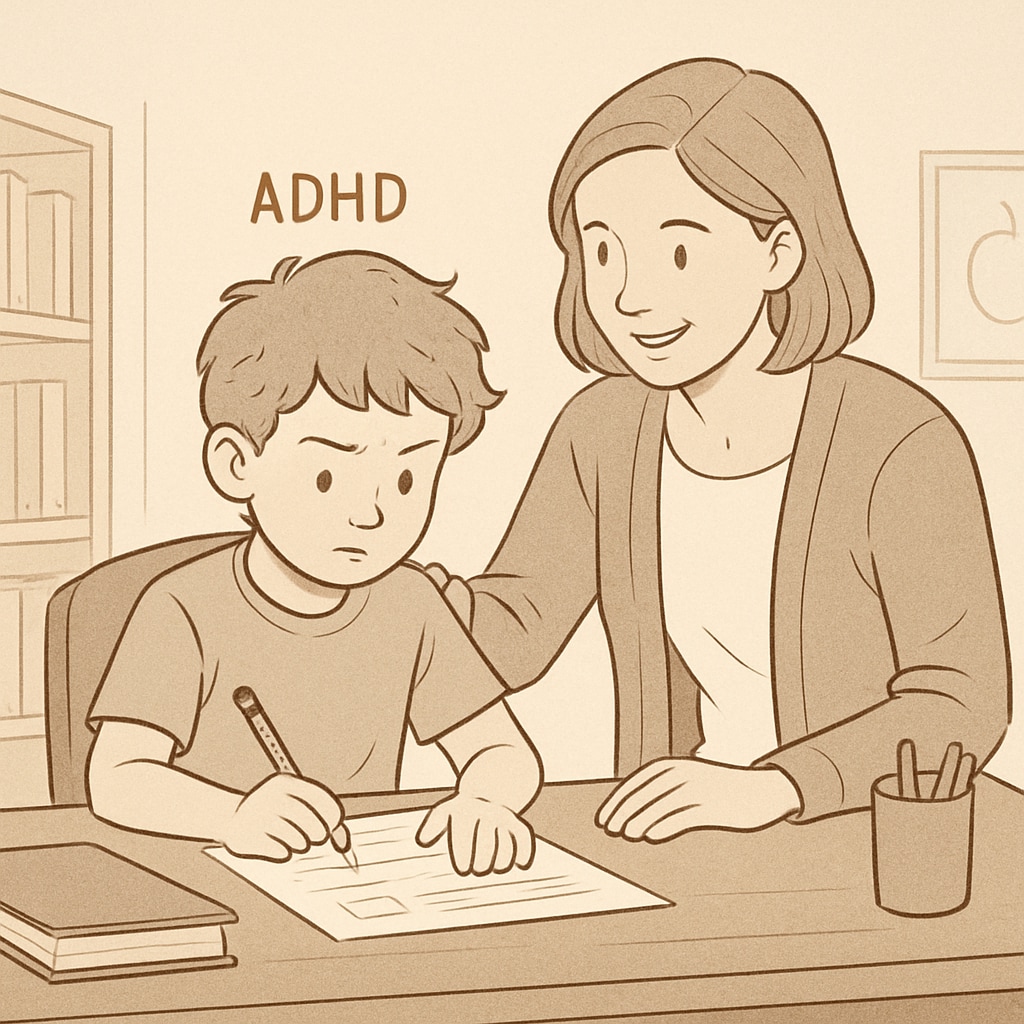Children with ADHD and autism often face executive function challenges that impact their ability to plan, organize, and regulate emotions. The TEFOS (Executive Function Online Summit) serves as a vital resource for families navigating these difficulties. By providing practical strategies and expert guidance, TEFOS equips parents with the tools to transform executive function struggles into opportunities for growth, fostering independence and resilience in their children.
Understanding Executive Function Challenges in Special Needs Children
Executive function refers to a set of cognitive skills that enable individuals to manage tasks, focus attention, and regulate their behavior. For children with ADHD or autism, these abilities may be underdeveloped, leading to difficulties in school, social interactions, and daily routines. For example, a child with ADHD might struggle to complete homework due to a lack of focus, or an autistic child may find it challenging to adapt to changes in their schedule.
Parents often feel overwhelmed when addressing these challenges. However, understanding the root causes of executive function difficulties can help families take proactive steps. According to Britannica, executive function is closely tied to brain development, particularly the prefrontal cortex, which governs decision-making and emotional regulation.

Empowering Parents Through Practical Strategies
Effective guidance for families starts with actionable strategies tailored to their child’s unique needs. TEFOS provides a wealth of tools, including workshops, webinars, and expert consultations, to help parents develop personalized approaches. Key techniques include:
- Visual supports: Using charts, calendars, or visual reminders to help children stay organized.
- Structured routines: Establishing consistent daily schedules to reduce anxiety and improve focus.
- Positive reinforcement: Encouraging desired behaviors through rewards and praise.
- Mindfulness techniques: Teaching children how to manage stress and regulate emotions.
These strategies not only address immediate challenges but also build foundational skills that children can apply as they grow older. For instance, visual supports can help a child with autism understand step-by-step instructions, while structured routines can aid an ADHD child in managing time effectively.

Transforming Challenges into Opportunities for Growth
While executive function difficulties can be frustrating, they also present opportunities for growth and learning. Parents play a crucial role in fostering their child’s independence, resilience, and problem-solving skills. By focusing on strengths rather than deficits, families can shift the narrative from struggle to success.
As a result, children gain confidence in their abilities and learn to navigate challenges more effectively. For example, teaching an ADHD child how to break large tasks into smaller steps can empower them to tackle assignments independently—a skill that will benefit them throughout their academic and professional lives.
Moreover, parents themselves often experience personal growth as they learn to adapt their approaches and provide consistent support. Resources like Wikipedia’s executive function overview offer valuable insights into the science behind these skills, helping families make informed decisions.
Moving Forward: Building a Stronger Support System
Executive function challenges are not insurmountable. With the right tools, guidance, and mindset, families can create a supportive environment that empowers children to thrive. The TEFOS summit exemplifies this commitment to family empowerment, offering a collaborative platform where experts and parents come together to share knowledge and solutions.
Success begins with understanding, grows through strategy, and flourishes with resilience. By addressing executive function difficulties head-on, families can build bridges to brighter futures for their children.
Readability guidance: The article uses short paragraphs, clear transitions, and actionable lists to enhance readability. Overarching ideas are broken into digestible sections, ensuring accessibility for a broad audience.


